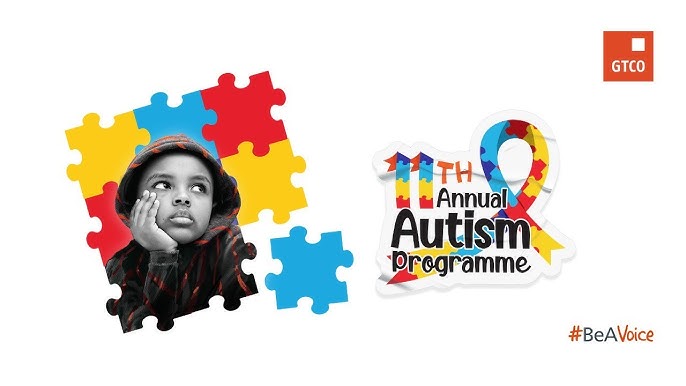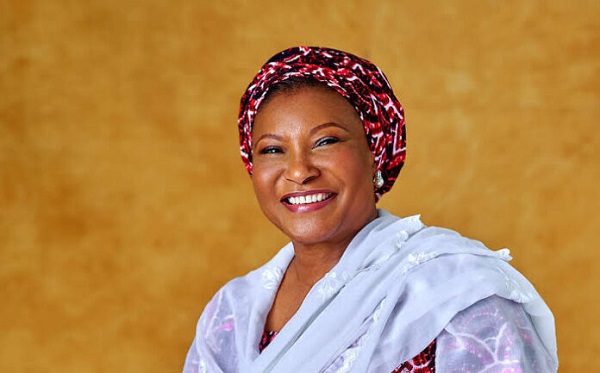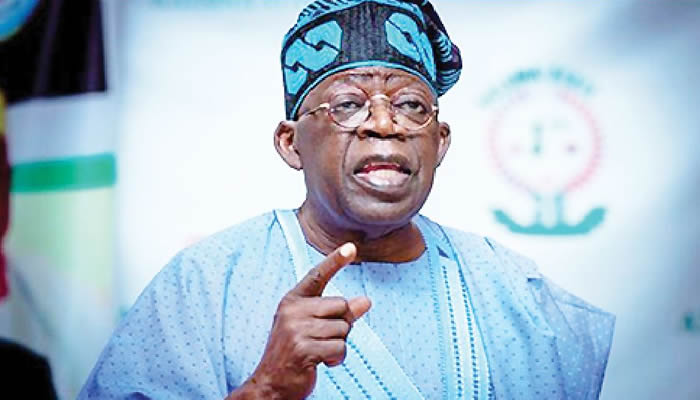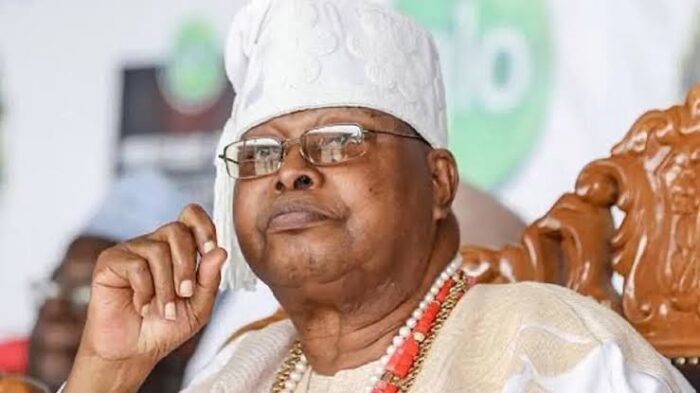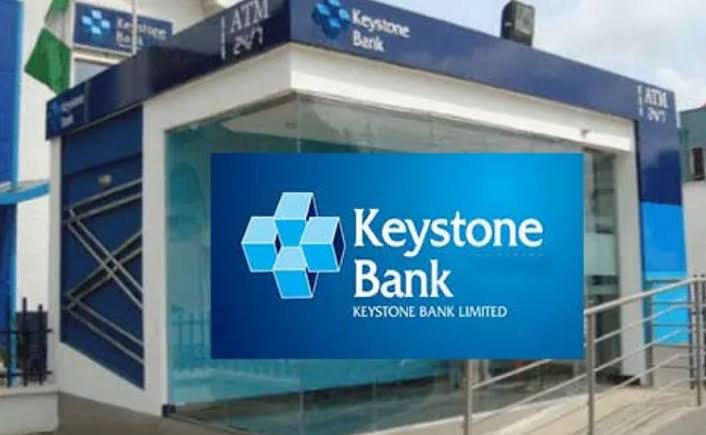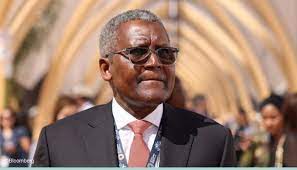Residents of Australia’s largest city will spend at least one more week in lockdown, authorities announced on Wednesday, after detecting dozens of new coronavirus cases.
Sydney, home to a fifth of Australia’s 25 million people, first
on June 26 amid an outbreak of the highly transmissible Delta variant. While strict stay-at-home orders were due to end in the city on Friday, they will now remain in place until July 16.
“This Delta strain is a game-changer, it is extremely transmissible and more contagious than any other form of the virus that we’ve seen,” Gladys Berejiklian, the premier of New South Wales, told reporters in Sydney.
“The reason why we’ve extended the lockdown is because of a number of cases still infectious in the community,” she said, and “we don’t want to be in a position where we are constantly having to move between lockdown, no lockdown, lockdown, no lockdown”.
A total of 27 new locally acquired cases of COVID-19 were reported in NSW on Wednesday, up from 18 a day earlier. Of the new cases, 20 were either in isolation throughout or for part of their infectious period, while seven cases spent time in the community while they were infectious.
Berejiklian said an extension – which includes school closures – was the “best chance of making sure this is the only lockdown we have until the vast majority of our citizens are vaccinated”.
Only 9 percent of Australian adults have been fully vaccinated so far, heightening fears that the Delta variant could quickly spread beyond control.
Last week, almost was locked down, with cities on the east, west and north coasts tightening pandemic restrictions due to clusters. Some of those lockdowns were as short as three days.
Sydney and its surrounds are the only part of Australia still in lockdown.
The city is fighting its worst outbreak of the year so far, with infections topping 350 since the first case was detected three weeks ago in its Bondi beach suburb after a limousine driver who drove an overseas airline crew tested positive.
Berejiklian and health officials warned Sydney residents they expect cases to rise in the next 24 hours and urged residents in three areas in the west of the city – Fairfield, Canterbury-Bankstown and Liverpool, all seeing a spike in cases – to avoid stepping out of their homes and visiting indoor areas.
“Please stay at home … Do not visit your loved ones, try and engage through digital means,” said NSW state Chief Health Officer Kerry Chant. “Try and avoid any unnecessary contact with other additional households and please limit your movements into any indoor environments. So only have one person go and get the shopping.”
Meanwhile, schools in Sydney will move to remote learning from next week, after ending their southern hemisphere winter break on Friday, to eliminate crowding while parents drop and pick up children.
Australia has been relatively successful in containing clusters throughout the pandemic, registering fewer than 31,000 cases and 910 deaths in total.
The country has recorded a single COVID-19 death since October: an 80-year-old man who died in April after being infected overseas and diagnosed in hotel quarantine.
But now there are 37 COVID-19 cases in Sydney hospitals. Of those, seven are in intensive care, the youngest in their 30s.

